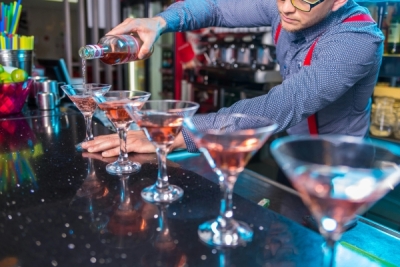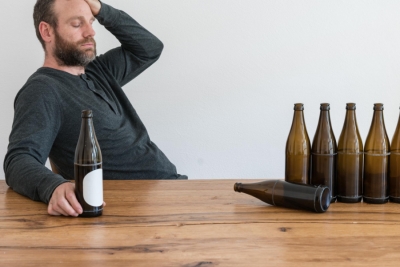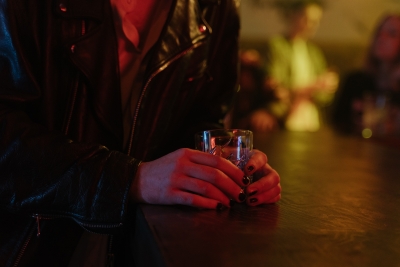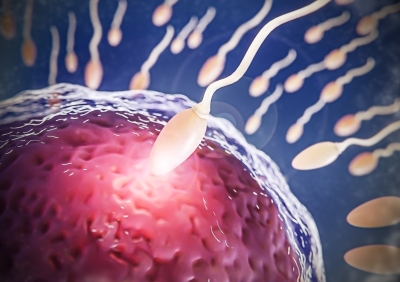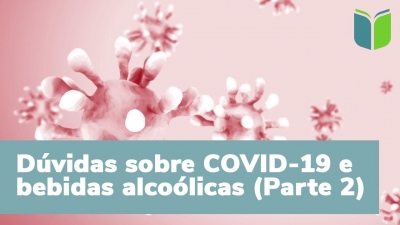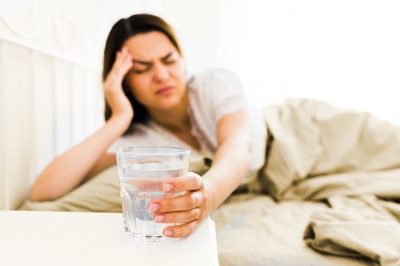Ethyl alcohol (ethanol) is the substance in alcoholic beverages responsible for most of the harms that arise from their consumption. Unfortunately, other toxic substances, such as methanol, can be added to adulterated beverages that are produced informally or illegally; or they may be present in alcoholic products not intended for human consumption, such as hand sanitizers. These substances can be fatal, even in small amounts, or lead to blindness and kidney disease, among other problems. According to media reports, deaths related to the ingestion of such alcoholic products have already occurred in some countries during the COVID-19 outbreak, based on the misleading belief that they would offer protection against the virus.
To avoid this type of misinformation, WHO has clarified(1) that the consumption of any type of alcohol does not prevent or cure COVID-19 or any other disease. On the contrary, its consumption - especially heavy consumption - is associated with the weakening of the immune system and, therefore, of its ability to fight various diseases, including infectious ones, such as COVID-19.
General myths about alcohol and COVID-19
Myth: Drinking alcohol destroys the virus that causes COVID-19.
Fact: Consumption of alcoholic beverages will not destroy the virus; it can even increase health risks if a person becomes infected with the virus. Alcohol (at a concentration of at least 60% by volume) works as a disinfectant on the skin, but does not have this effect within the body when ingested.
Myth: Drinking strong alcohol kills the virus present in the inhaled air.
Fact: Alcohol consumption does not kill the virus present in the inhaled air; does not disinfect your mouth and throat, and will not provide any protection against COVID-19. Harmful consumption of alcohol (beer, wine, spirits or plant-based alcohol) weakens immunity and resistance to the virus.
Alcohol: do's and don'ts during the COVID-19 pandemic
● Staying sober helps you stay vigilant, act quickly, and make decisions that will affect yourself and others.
● If you drink, consume as little as possible and avoid getting intoxicated.
● Make sure that children and young people do not have access to alcohol.
● Discuss with children and young people the problems associated with drinking and COVID-19.
● Never mix alcohol with medications, even herbal or over-the-counter remedies, as this can make them less effective or increase their potency by making them toxic and dangerous.
● Keep hygiene products that contain alcohol out of the reach of children and people who might misuse them.
● When working from home, follow the usual workplace rules and don't drink. Remember that after lunch you should still be able to work - and this is not possible if you are drunk.
● You might think that alcohol helps reduce stress, but it's actually not a good coping mechanism. Its abusive consumption increases symptoms of panic and anxiety disorders, depression, and risk of domestic violence.
● To deal with tension, try exercising indoors. Physical activity strengthens the immune system and is, in general, - both from a short-term and from long-term perspective - a highly beneficial way to spend the quarantine period.
Want to know more about alcohol and COVID-19? Download the publication "Alcohol and the Health of Brazilian People - 2021" and check out a special chapter on the topic. Click here!


